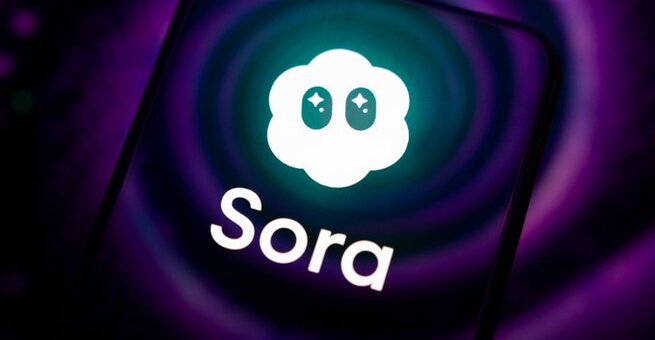Alerts

Cameo has filed a federal lawsuit against OpenAI, targeting the “cameo” feature in Sora 2. The claim argues that OpenAI’s use of the term confuses users and risks tarnishing Cameo’s brand, known for authentic celebrity videos. Fans of personalized celebrity interactions may now be exposed to AI-generated deepfakes that blur trust and authenticity.
According to the complaint, OpenAI’s Sora feature could dilute Cameo’s trademark and mislead consumers. Cameo argues that Sora’s AI-generated avatars—sometimes created without consent—pose reputational risks. The company seeks a court order to prevent OpenAI from using the “cameo” name, emphasizing the need to protect talent and the integrity of its marketplace.
Sora allows users to generate AI avatars of themselves or celebrities for videos. While some public figures voluntarily upload their likenesses, the app has been criticized for insufficient safeguards against nonconsensual deepfakes. This feature directly overlaps with Cameo’s service of paid, personalized celebrity videos, raising questions about intellectual property and ethical AI use.
The lawsuit highlights growing tensions between AI tools and existing creative platforms. If successful, Cameo could prevent OpenAI from using the term and limit potential misuse of celebrity likenesses. For fans, this may affect access to AI-generated content, while celebrities gain an added layer of protection against deepfake misuse.
𝗦𝗲𝗺𝗮𝘀𝗼𝗰𝗶𝗮𝗹 𝗶𝘀 𝘄𝗵𝗲𝗿𝗲 𝗿𝗲𝗮𝗹 𝗽𝗲𝗼𝗽𝗹𝗲 𝗰𝗼𝗻𝗻𝗲𝗰𝘁, 𝗴𝗿𝗼𝘄, 𝗮𝗻𝗱 𝗯𝗲𝗹𝗼𝗻𝗴. We’re more than just a social platform — from jobs and blogs to events and daily chats, we bring people and ideas together in one simple, meaningful space.
